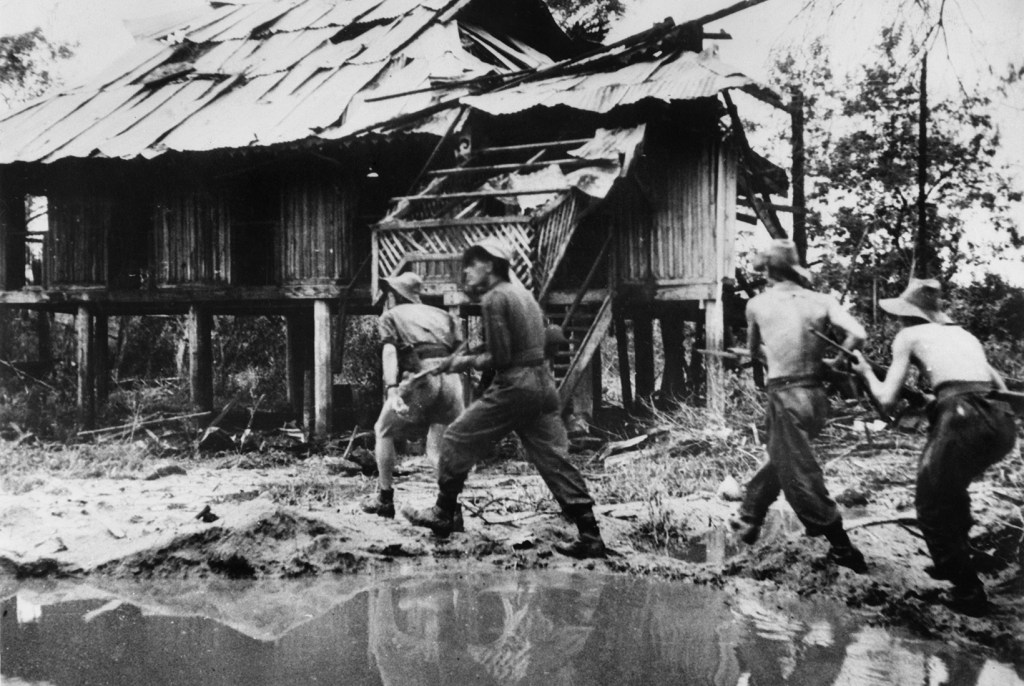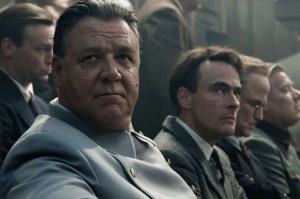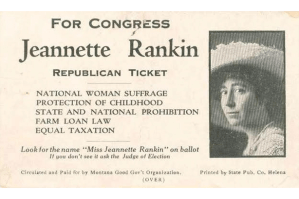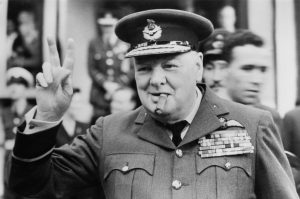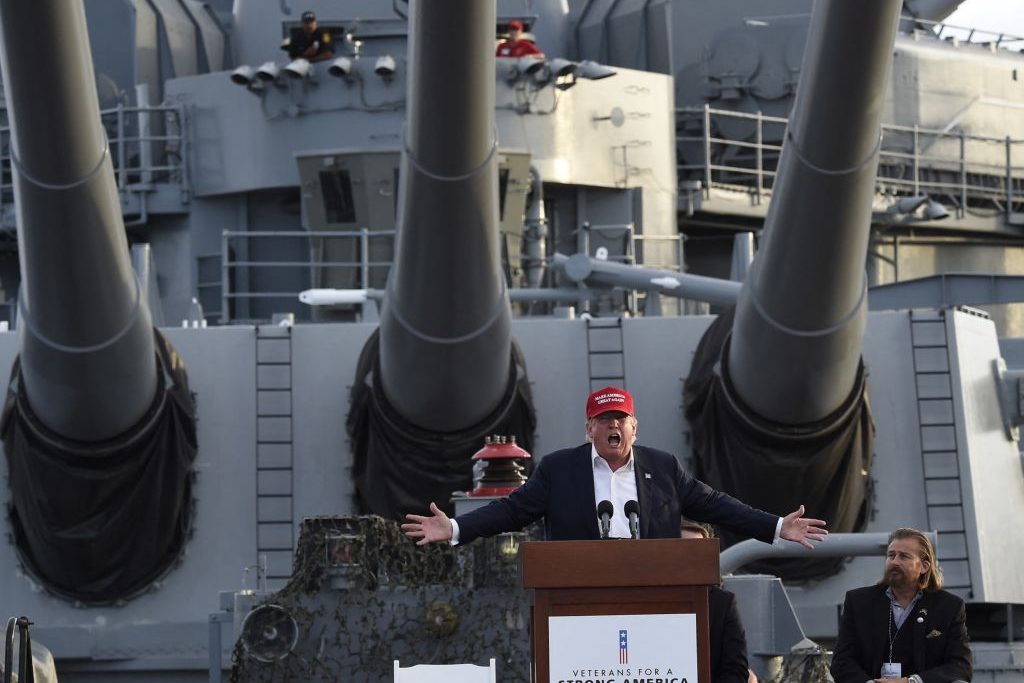To begin not at the beginning but at the end of the beginning. Or rather, to begin at another beginning, where Daniel Todman’s book ends. In January 1948, Clement Attlee’s foreign secretary, Ernest Bevin, told the Commons that ‘the free nations of western Europe must now draw more closely together’, for western Europe was not just a geographic entity but a global presence:
‘If we are to preserve peace and our own safety at the same time we can only do so by the mobilization of such moral and material force as will create confidence and energy in the West and inspire respect elsewhere, and this means that Britain cannot stand outside Europe and regard her problems as quite separate from those of her European neighbors.’
But, says Todman, behind this rhetoric was a more cautious approach that sought to avoid the costs of choosing between Europe and the Commonwealth and Empire. Britain, as part of its developing Cold War alliance with the USA, would lead on European defense and security cooperation, but not on economic integration. ‘For good or ill,’ he concludes, ‘Britain’s entry into the new world created by World War Two would be defined by the legacies of the past.’
This is the trajectory of the concluding volume of Todman’s astoundingly comprehensive account of Britain’s experience of World War Two. His first volume tackled the delusion of appeasement and the shock of war. His second goes from, loosely, the ‘end of the beginning’, as Churchill put it, to the utter military defeat of one sort of totalitarianism and then confrontation with another.
Such a vast book on just half the war and its immediate aftermath is a daunting prospect, even with its text broken into digestible chunks by tempting sub-headings. But Todman’s prose moves apace and with good turns of phrase. ‘Life in the forces was relentlessly communal,’ he writes, wryly summing up the lot of hundreds of thousands of men, the majority probably reluctantly in uniform, particularly those in the army, most of whom would not see action for nearly three years until the opening of the second front in June 1944. ‘My one ambition from now on,’ wrote one, ‘is to be an ex-serviceman.’
Sir Ronald Adam, the adjutant-general, responsible for basic training, welfare and discipline, was born in India, schooled at Eton and had been a pre-Great War regular. He was not, on the face of it, a modern man, yet Todman rightly describes him as ‘enlightened’. Not only did he ensure that the selection of conscripts was more systematic than in the first world war; he would do the same when it came to their eventual demobilization, thereby avoiding the worst of the disorders of 1919. Labour’s 1945 election victory is sometimes irreverently described as the Royal Army Educational Corps’ only battle honor, but it was as much Adam’s, who championed the Army Bureau of Current Affairs, set up to educate and to raise morale.
However, as Todman says, Adam’s more searching selection procedures, designed to weed out ‘problem soldiers’ early on, were not infallible. ‘For those who made it past the testers and were unable to comply with the army’s demands, there was always desertion.’ In the war as a whole, there were more than 99,000 instances of desertion, many of them repeat offenses, 60,000 of them in the UK. Military prison was the usual destination, a grim experience and occasionally lethal. One detainee died after a beating by guards. A committee of inquiry concluded that while calculated brutality was unusual, military prisons were poorly staffed, frequently insanitary and relied on punishments such as restriction of diet. Yet the inquiry also noted that the army’s prisons were much more humane than the Royal Navy’s.
Far better, evidently, to have been in the RAF. In May 1943 its inspector-general reported that ground crew were ‘reasonably well behaved…a NCO rarely gives an order — the most he can bring himself to do is to utter a friendly request for cooperation’. Yet throughout, the aircraft were daily ready for operations, and that indeed was the key: intense operations produced high morale. When a squadron was grounded for a lengthy period due to bad weather, wrote one warrant officer, ‘the morale of the whole outfit son goes to pieces.’ Fortunately, from June 1944, operations on every front were pretty intensive and virtually continuous. Some 55 per cent of servicemen were married, however, placing additional welfare and logistical burdens on the services and, of course, concerns on the home front.
Todman is superb at this sort of human detail; but he is equally at home (as the co-editor of Alanbrooke’s War Diaries) discussing grand strategy, war economics, campaigning, socio-cultural aspects and the political-military interface. He is particularly illuminating on the Far East campaign (especially the tricky Allied command arrangements) and the immediate post-war problems of re-colonization and then rapid de-colonization in Burma and Malaya.
I recently tried to explain ‘Why the NHS’ — and a whole lot more about Britain — to a skeptical Wisconsin Republican businessman, an Ivy League Anglophile historian whose father had been a Normandy veteran. In the end, all I could say was: ‘You’ve got to understand how we were in 1945.’ I now intend sending him this magnificent book.
This article was originally published in The Spectator’s UK magazine. Subscribe to the US edition here.



